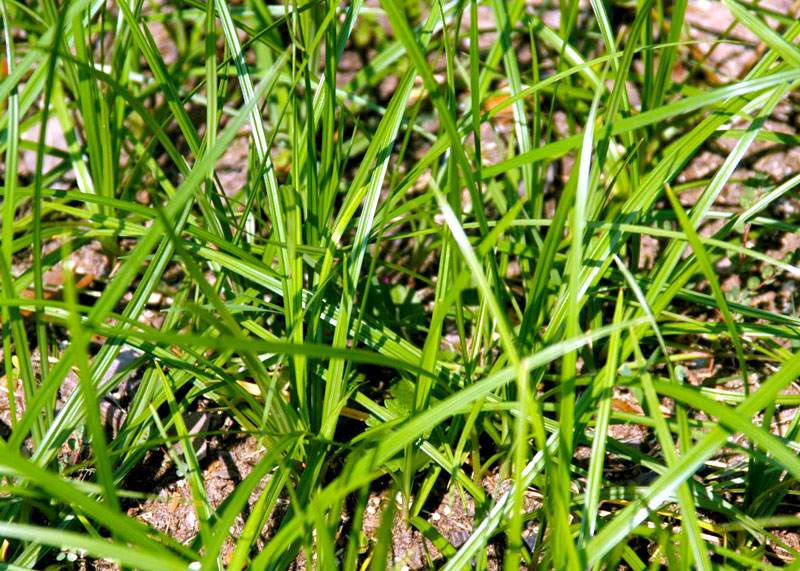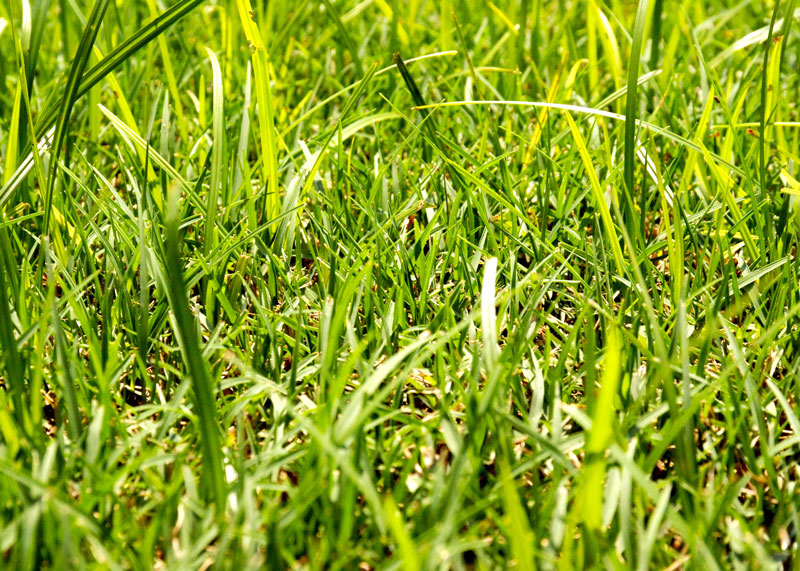Last chance at nutsedge
To help you tell them apart…
Grasses have round stems. Bermudagrass. Johnsongrass. Corn. Roll any of their stems between your thumb and index finger and you’ll feel that they’re round.
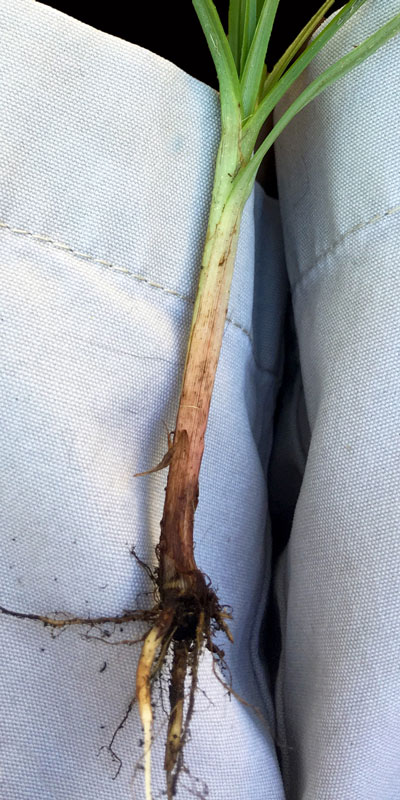
Sedges have triangular stems.
This plant I’m discussing will have distinctly triangular stems. You’ll feel the difference.
Traditional grass killers don’t work as well on sedges.
How do we get nutsedge?
Nutsedge is a native Texas plant, so it might have been there waiting for you. But more often than not, we bring it in.
• It comes when we buy or haul in contaminated topsoil. Specify “no nutsedge/nutgrass or I will reject the load.”
• It comes with contaminated sod. Turn pieces of freshy cut sod over and examine their roots. Sod cutters are sharp. They cut through the nutsedge “nutlets” just like a chef’s knife cuts through a carrot. If you see any of those, refuse the load emphatically.
Why nutsedge is such a pest…
• It spreads by underground stems (rhizomes) that daisy-chain from one to the next.
• It produces the pea-sized nutlets on its roots. They break off and start new plants. That’s why pulling it out doesn’t work.
• It looks like grass. It hides within lawns, so you don’t know you have it until you have a serious outbreak.
• It invades flower and vegetable gardens where it can be an even more difficult weed to eliminate.
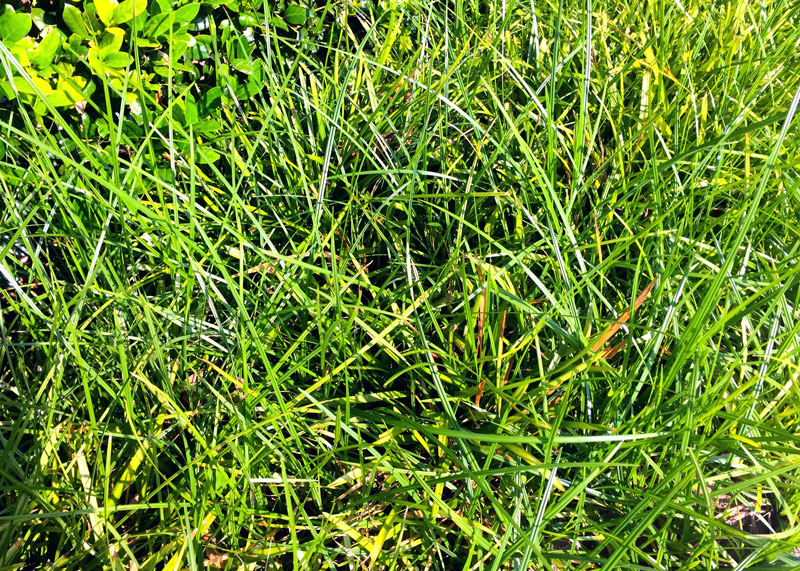
Ways to control nutsedge…
• The old-fashioned way was carefully to lift the soil, one spading fork at a time, then filter through the garden soil with your hands to remove all the nutsedge nutlets and plants. That was tedious and seldom perfect.
• Removing and replacing all the soil to a depth of 10 to 12 inches usually gets rid of it.
• Some people “solarize” their garden soil by covering it with black plastic for several years, but that may not kill nutsedge, plus it doesn’t work for lawn and landscaped areas.
• Glyphosates proved to be ineffective to everyone’s disappointment – they had been so good on grasses.
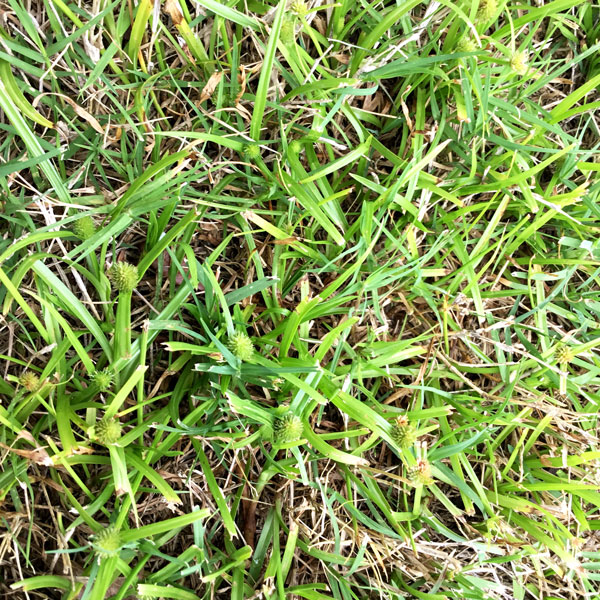
• Image was introduced in the early 1980s and has proven to be very good. I have used it very successfully on several occasions. It requires 2 applications 30 days apart, and the last one must be made by Sept. 15. That means Aug. 15 is the deadline for starting.
Warning: The manufacturer now packages other products under the “Image” brand name. Be sure you get the one labeled for control of nutsedge.
• Sedgehammer is a product that is used more by commercial applicators, but it is available to home gardeners as well.
With both Image and Sedgehammer, read and follow label directions carefully for best results. They are too lengthy for me to repeat them here.

